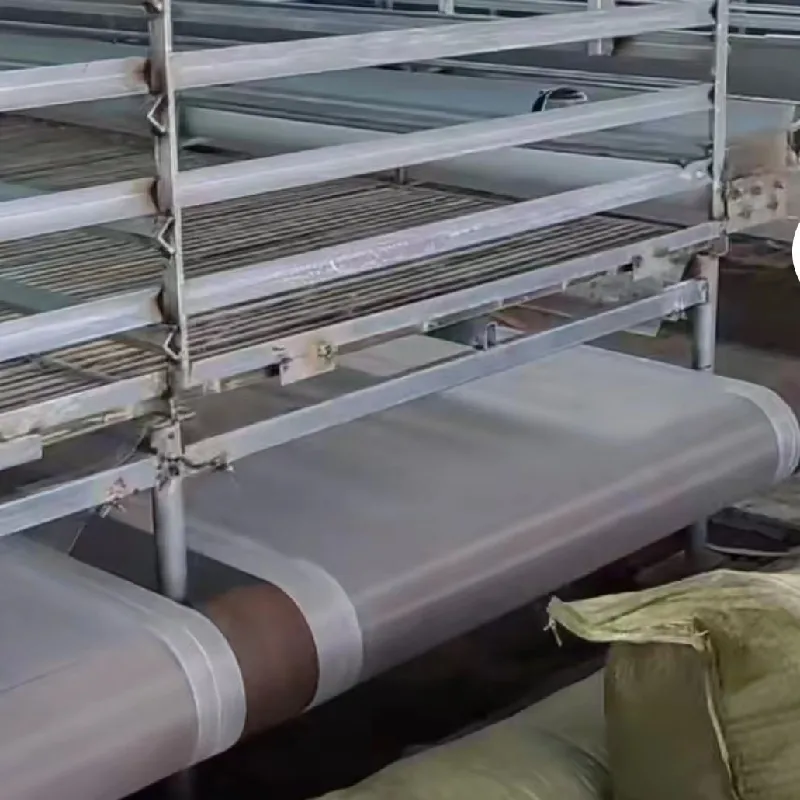-
 Afrikaans
Afrikaans -
 Albanian
Albanian -
 Amharic
Amharic -
 Arabic
Arabic -
 Armenian
Armenian -
 Azerbaijani
Azerbaijani -
 Basque
Basque -
 Belarusian
Belarusian -
 Bengali
Bengali -
 Bosnian
Bosnian -
 Bulgarian
Bulgarian -
 Catalan
Catalan -
 Cebuano
Cebuano -
 China
China -
 Corsican
Corsican -
 Croatian
Croatian -
 Czech
Czech -
 Danish
Danish -
 Dutch
Dutch -
 English
English -
 Esperanto
Esperanto -
 Estonian
Estonian -
 Finnish
Finnish -
 French
French -
 Frisian
Frisian -
 Galician
Galician -
 Georgian
Georgian -
 German
German -
 Greek
Greek -
 Gujarati
Gujarati -
 Haitian Creole
Haitian Creole -
 hausa
hausa -
 hawaiian
hawaiian -
 Hebrew
Hebrew -
 Hindi
Hindi -
 Miao
Miao -
 Hungarian
Hungarian -
 Icelandic
Icelandic -
 igbo
igbo -
 Indonesian
Indonesian -
 irish
irish -
 Italian
Italian -
 Japanese
Japanese -
 Javanese
Javanese -
 Kannada
Kannada -
 kazakh
kazakh -
 Khmer
Khmer -
 Rwandese
Rwandese -
 Korean
Korean -
 Kurdish
Kurdish -
 Kyrgyz
Kyrgyz -
 Lao
Lao -
 Latin
Latin -
 Latvian
Latvian -
 Lithuanian
Lithuanian -
 Luxembourgish
Luxembourgish -
 Macedonian
Macedonian -
 Malgashi
Malgashi -
 Malay
Malay -
 Malayalam
Malayalam -
 Maltese
Maltese -
 Maori
Maori -
 Marathi
Marathi -
 Mongolian
Mongolian -
 Myanmar
Myanmar -
 Nepali
Nepali -
 Norwegian
Norwegian -
 Norwegian
Norwegian -
 Occitan
Occitan -
 Pashto
Pashto -
 Persian
Persian -
 Polish
Polish -
 Portuguese
Portuguese -
 Punjabi
Punjabi -
 Romanian
Romanian -
 Russian
Russian -
 Samoan
Samoan -
 Scottish Gaelic
Scottish Gaelic -
 Serbian
Serbian -
 Sesotho
Sesotho -
 Shona
Shona -
 Sindhi
Sindhi -
 Sinhala
Sinhala -
 Slovak
Slovak -
 Slovenian
Slovenian -
 Somali
Somali -
 Spanish
Spanish -
 Sundanese
Sundanese -
 Swahili
Swahili -
 Swedish
Swedish -
 Tagalog
Tagalog -
 Tajik
Tajik -
 Tamil
Tamil -
 Tatar
Tatar -
 Telugu
Telugu -
 Thai
Thai -
 Turkish
Turkish -
 Turkmen
Turkmen -
 Ukrainian
Ukrainian -
 Urdu
Urdu -
 Uighur
Uighur -
 Uzbek
Uzbek -
 Vietnamese
Vietnamese -
 Welsh
Welsh -
 Bantu
Bantu -
 Yiddish
Yiddish -
 Yoruba
Yoruba -
 Zulu
Zulu
Exploring Sustainable Practices and Innovations in Agriculture to Enhance Net Environmental Benefits in Farming
The Importance of Net for Agriculture Farming
In modern agriculture, the role of advanced technologies and sustainable practices cannot be overstated. Among these innovations, the use of netting systems has emerged as a pivotal tool for farmers seeking to enhance crop yield, reduce pest damage, and promote sustainable practices. This article delves into the significance of nets in agriculture farming, exploring their various applications, benefits, and the future they promise for sustainable farming practices.
Understanding Agricultural Nets
Agricultural nets come in various forms, including shade nets, bird nets, insect nets, and frost protection nets, each serving a unique purpose. Shade nets are primarily used to control sunlight exposure for sensitive crops, effectively reducing heat stress and improving microclimatic conditions. On the other hand, bird nets protect fruits and vegetables from avian pests, preventing significant losses during the harvest season. Insect nets provide a barrier against harmful insects that threaten crop health, while frost protection nets shield crops from extreme weather conditions, ensuring that farmers can produce quality yields year-round.
Benefits of Using Nets in Agriculture
1. Pest Control One of the most pressing challenges in agriculture is the management of pests. Insects and birds can cause substantial damage to crops, leading to frustrating losses for farmers. The application of nets acts as a physical barrier, significantly reducing the need for chemical pesticides. This not only helps in preserving the health of the crops but also supports the movement towards organic and sustainable farming practices.
2. Microclimate Regulation Agricultural nets contribute to the regulation of microclimates around crops. By controlling light exposure and temperature, these nets help create ideal growing conditions. For instance, shade nets can reduce soil temperature and water evaporation, fostering a more conducive environment for seedling growth and overall health. This is particularly beneficial in areas with extreme weather fluctuations.
net for agriculture farming

3. Yield Improvement The protective nature of agricultural nets often leads to increased crop yields. By reducing pest-related damages and ensuring optimal growing conditions, farmers can expect healthier plants and a larger harvest. This increase in productivity can significantly improve the economic viability of farming operations, allowing farmers to invest in further technological advancements or diversify their crops.
4. Sustainable Practices The use of agricultural nets aligns with sustainable farming practices. By reducing reliance on chemical controls and minimizing crop loss, farmers can adopt more eco-friendly methods that benefit the environment. Sustainable agriculture not only safeguards biodiversity but also nurtures soil health and water conservation, which are vital for long-term food security.
The Future of Agricultural Nets
The future of netting systems in agriculture looks promising, with ongoing advancements in materials and technology. Innovations in mesh design, such as finer nets that can deter smaller pests without obstructing beneficial insects, are being developed. Furthermore, the integration of smart technologies, like sensors that monitor environmental conditions and automatically adjust netting systems, could revolutionize how farmers manage their crops.
As the global population continues to rise, the demand for food will inevitably increase, placing unprecedented pressure on agricultural systems. The utilization of agricultural nets will play a crucial role in addressing these challenges, promoting higher efficiency, sustainability, and resilience in farming practices.
Conclusion
In conclusion, agricultural nets are more than just simple coverings; they represent a multifaceted approach to modern farming that addresses various challenges faced by farmers today. From pest control to yield improvement and sustainable practices, the benefits of using nets in agriculture are clear and far-reaching. As technology continues to evolve, the integration of netting systems in agricultural practices will be pivotal in ensuring food security for future generations while promoting ecological sustainability.
-
Why Nylon Mesh Netting is Revolutionizing Industrial and Commercial ApplicationsNewsJun.13,2025
-
Reinventing Reliability with Construction Wire MeshNewsJun.13,2025
-
Protect Your Crops with High-Performance Agricultural Netting SolutionsNewsJun.13,2025
-
Premium Breeding Net Solutions for Modern AquariumsNewsJun.13,2025
-
Precision Filtration Solutions for Industrial and Commercial NeedsNewsJun.13,2025
-
Advanced Industrial Mesh Solutions for Every ApplicationNewsJun.13,2025











